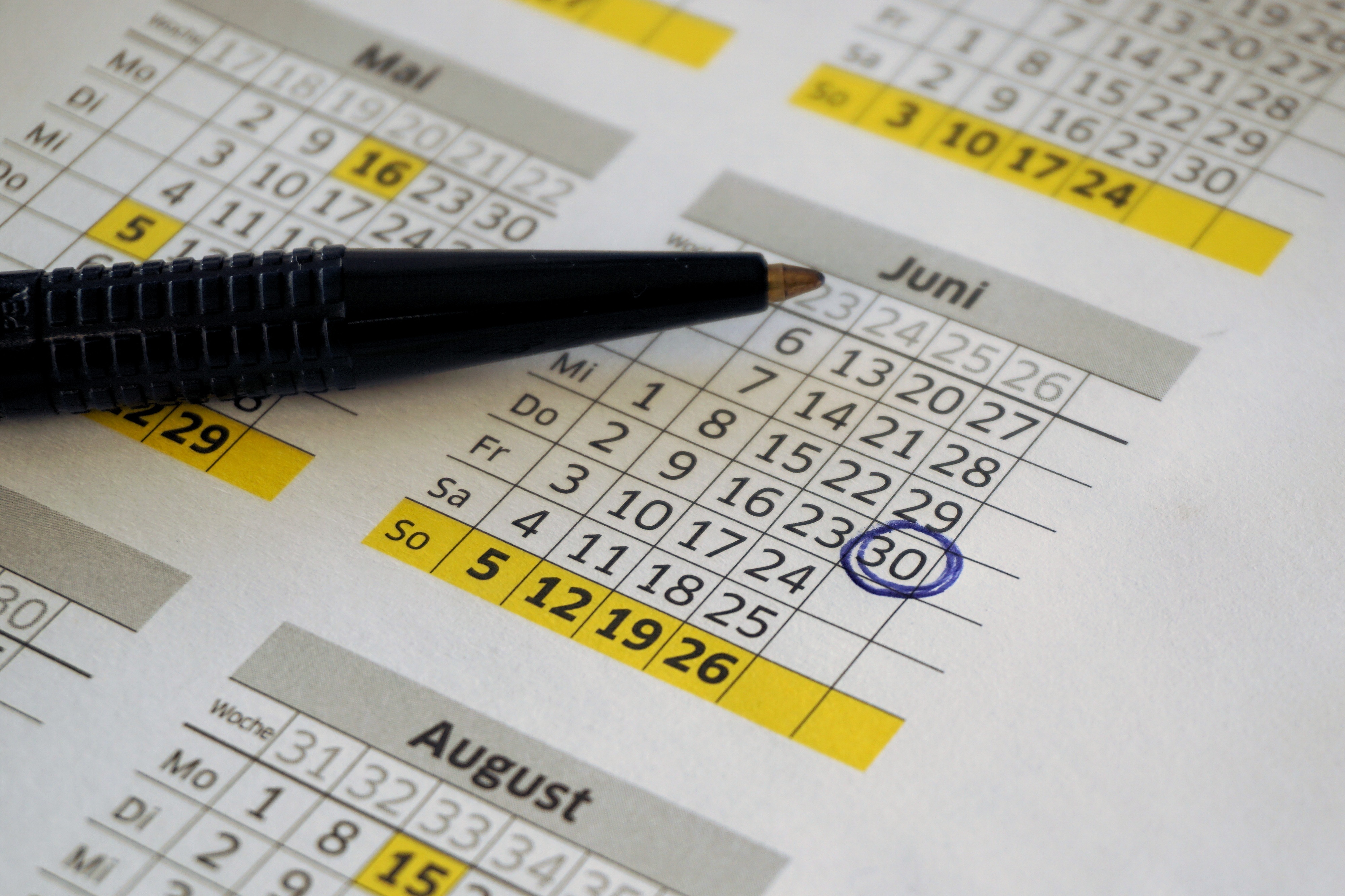Many adults who have ADHD are curious, intelligent, resourceful, imaginative, genuine, hyper-focusing, out of the box thinkers. This is especially true when they are working on something they find novel and exciting, interesting and fun! But when it comes to tasks they find horribly mundane and boring – ADHDers often can’t get going, they struggle, they get distracted and derailed. Even getting through daily responsibilities can be tough. They may set huge goals (or too many goals) for themselves but just can’t execute on them. They may have great intentions but come up short. Sometimes, they get discouraged and frustrated, and give up on setting goals altogether. This is not caused by a lack of effort; it’s caused by brain chemistry!
If this sounds at all familiar, help lies in customizing time management strategies to work specifically for you and making those strategies part your daily routine.
There are some things in our lives that energize us and some things that sap our energy. Only you know what types of activities recharge your batteries – thus making you more mentally available to get work done.
Think about your best days, your most energy filled, most productive days. What helped you feel so good? Were you well rested? Did you get to exercise? Did you have a great conversation with a friend? The answer is different for every person. When we are aware of what energizes us, we can seek to optimize that energy and harness it toward more productivity.
Consider what derails you while you are trying to work. You may get started on something productive, but soon get distracted, derailed, lost. Are there specific triggers? Is it social media? Is it online shopping? Is it email notifications? Is it anxiety? Is it your children constantly interrupting you? Is it your cluttered desk? Is it depression? Is it your pet vying for attention? Again, only you know. Awareness, is a great starting point to try and minimize the triggers that derail you. Think about how you can eradicate the triggers that curtail your productivity. Can you turn off all notifications? Can you work in a coffee shop or library? Are you able to hire a babysitter? Would it help to report to a friend who is your accountability partner? Do you need to talk to a therapist or life coach?
When you have identified your sources of energy and have become aware of what derails you, it is time to set a goal. One very clear, very specific small goal. You are less likely to procrastinate if you know you have only one small thing to do.
Specific attainable goal: After dropping the boys at 8:30am I will jog three miles around my neighborhood.
A vague daunting goal: I want to train for a marathon.
- Set a timeframe to achieve the goal. Run the Turkey Trot 10K in six months on Thanksgiving.
- Break goal into smaller goals. Run three miles for four weeks. Then increase run length to five miles.
- Break smaller goals into action steps. Be very clear about what needs to be done. Jog three miles each week for a month, then jog five miles twice a week until race day.
- Identify time to work on action steps – a fixed period of time in which to focus on work. Set reminders or alarms on your phone or computer. Tuesday mornings, from 9-10am is my time for jogging.
- At the end of each completed action step – reward yourself! Your choice!
- Repeat the action steps. Even if you have set-backs, keep going! You are on your way toward a positive routine.
- Complete all small goals. Celebrate when you complete your goal! Note how you feel each time you complete what you set out to do. Your success on each small action item proves that you are in control of your life and that is a reward in in itself. You have the tools to help yourself.
OTHER TIPS:
It has been proven that our brains don’t actually multi-task they quickly switch from one activity to another, making us less effective in the end.
Try the Pomodoro Technique to extend your productivity. Set a timer for 25 minutes. Work only for that time frame. When the bell goes off, take a break for five minutes. Energize during your break. Then set the timer for the next 25 minutes.
Use productivity apps. Try different ones to see which ones work for you. There are many: Trello, Asana, Basecamp, Any.Do, ToDoist, WunderList, EverNote.
If a strategy doesn’t work, tweak it a little. Use a different timer to give you visual cues and help you stay on task. Write out a checklist with specific steps you need to take to complete a task. Print it out and post it where you work.
Get outside help. Use an accountability partner. You are more likely to get something done if someone else is counting on you. A family member, a friend, or a life coach can help you stick to deadlines.
Delegate tasks. If household chores or errands are sapping your energy, consider hiring a housecleaner or having your groceries delivered. Blue Apron delivers wholesome ingredients for recipes chosen by you.
You may have setbacks. You may fail to achieve some goals. Keep trying, routines are built by repetition. CELEBRATE your successes, even the small ones. Duplicate small successes until they become routine.
Don’t give up. You can be in control of your ADHD. It doesn’t control you, you control you.

